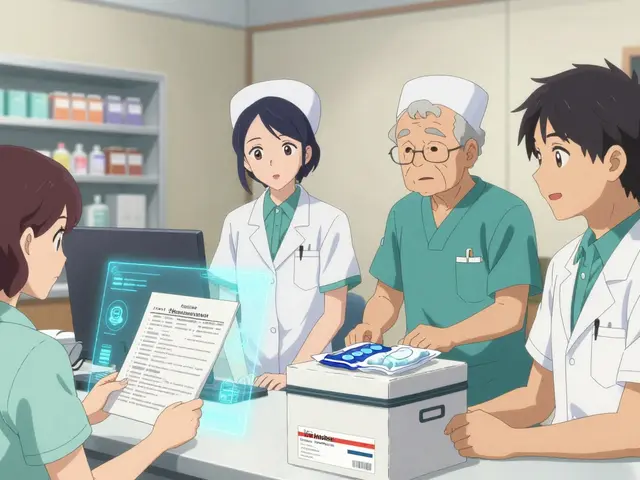Understanding Dry Mouth: What It Is and Why It Happens
Ever noticed that sticky feeling in your mouth, a hard time swallowing, or even a taste that’s off? That’s probably dry mouth, and it can make eating and talking a real hassle. Dry mouth isn’t just annoying; it’s your mouth’s way of telling you that saliva, which keeps your mouth wet and healthy, isn’t doing its job properly.
So, why does dry mouth happen? It could be something simple like being dehydrated or breathing through your mouth a lot. Medications are a big cause too — many pills, including ones for allergies, depression, or blood pressure, list dry mouth as a side effect. Sometimes, it’s linked to health conditions like diabetes or infections, or even treatments like radiation to the head or neck. Figuring out the cause is key to finding relief.
Quick Tips to Ease That Dry Mouth Feeling
You don’t have to just live with dry mouth. There are easy tricks you can try right now. Sip water often throughout the day to keep things moist. Chewing sugar-free gum or sucking on sugar-free candies can help get your saliva flowing. Avoid alcohol, coffee, and tobacco since they dry you out even more. Using a humidifier at night can keep the air moist and protect your mouth while you sleep.
Over-the-counter saliva substitutes are another option. These gels and sprays mimic saliva and can be a lifesaver when natural saliva just won’t cut it. Just remember, while they can help, they don’t treat the root cause, so keep an eye on how you feel.
When Should You See a Doctor About Dry Mouth?
If dry mouth sticks around for weeks or comes with other issues like cracked lips, mouth sores, or trouble tasting or speaking, it’s time to get checked out. Chronic dry mouth can lead to tooth decay, bad breath, and infections because saliva helps protect your teeth and gums. Your doctor or dentist can identify underlying causes and suggest treatments — sometimes changing medications, addressing health problems, or prescribing special products that boost saliva production.
Remember, dry mouth might seem minor, but it can seriously affect your quality of life. Keeping your mouth wet is more than comfort — it’s about maintaining your health. Don’t ignore it, and try these tips to keep your smile feeling fresh and comfortable every day.
Tizanidine helps with muscle spasms, but it often brings a stubborn dry mouth. This article breaks down why it happens, how it feels, and practical tricks to ease the discomfort. You'll find expert-backed advice, real-world tips, and a few surprising facts about dealing with dry mouth while on Tizanidine. By the end, you'll be ready to handle this tricky side effect like a pro.
Recent-posts
Categories
Tags
- online pharmacy
- side effects
- drug interactions
- generic drugs
- online pharmacy UK
- drug safety
- opioid side effects
- pill organizer
- Tadalafil
- arthritis medication
- buy medication online
- prescription medication
- quit smoking
- motion sickness
- Sildenafil
- Vardenafil
- ED medication alternatives
- biologics
- medication safety
- generic medication prices






